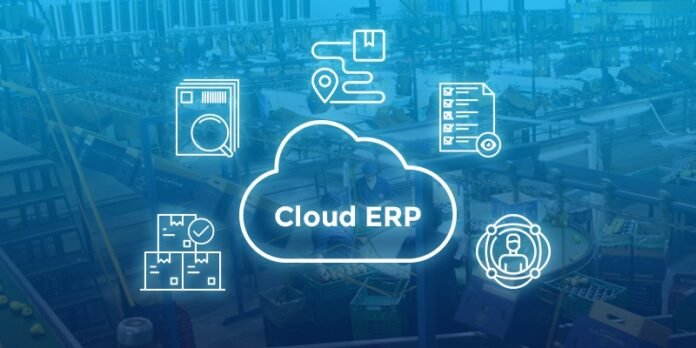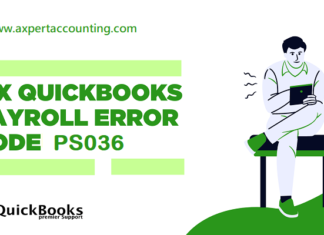More and more CIOs are being pushed to migrate their ERP to the cloud. However, faced with the challenges of migrating to the cloud, some are hesitant. Rather than considering the use of a cloud ERP as essential, it is more appropriate to question the effects of such a migration. To do this, you have to be aware that some information on cloud migration is only received ideas.
Here are 5 misconceptions about cloud ERP to consider before hiring an ERP integrator.
1. All-cloud is the best solution
Not necessarily.
Going all-cloud isn’t the only option for your business management software. Indeed, it is rather necessary to evaluate the strategy to adopt according to the needs of the company. Moving to a cloud ERP is expensive and can be disruptive. It is therefore preferable to opt for balance and to combine local and cloud infrastructures according to needs. As a CIO, you must be wondering where SaaS software is most useful. This hybrid approach will certainly be the norm for years to come.
2. You must migrate to a cloud ERP with the same editor
It all depends on your business needs.
Whether you use Microsoft, Oracle, SAP or Sage, it is not necessarily preferable to keep the same publisher. If your ERP editor no longer corresponds to the specific needs of your company’s activity, it is better to take advantage of the migration to change editor and turn to the one that best meets your requirements.
Another point to look at carefully: what is the scalability of the PGI? is the interface ergonomic? What are the security standards for your data? is the functional scope sufficient? Is the ERP easily interoperable? What is its degree of customization?
Depending on all these criteria, you can calmly assess whether or not you need to change ERP editor. Do not hesitate to use an ERP integrator who can carefully study your migration and evaluate several ERPs according to your needs.
3. A SaaS ERP and an on-Premise ERP work the same way
No, again, this is a misconception.
A SaaS ERP is certainly more flexible, more agile and more economical in the long run. On the other hand, it does not offer the same degree of customization as an on-premise ERP.
It should also be noted that a cloud ERP may have less functional coverage.
Carefully study your needs to determine what functional scope you will need for your business management .
4. A cloud ERP costs less
In reality, everything depends on the ERP publisher and the size of the network. Depending on the ERP SaaS license costs you are considering, the cost of migrating to the cloud can sometimes be higher. If you do the math, don’t forget to add the amount of the migration process, the cost of customization and interfaces.
5. Updating a SaaS ERP is easy
While some deployments are fairly easy, not all processes. The more interfaces and customizations, the higher the upgrade level will be. When a deployment concerns a very important infrastructure, the updates are complex and regular.
Rather than rushing into the race for the ERP Cloud, companies must therefore carry out a careful study of the most advantageous solution. Indeed, for most companies, the use of a SaaS ERP such as Microsoft Dynamics Business Central represents an important growth factor and a reduction in costs and logistics. However, for a majority of companies, the ideal solution happens to be the hybridization between local ERP and cloud ERP. In case of doubt, it is possible to consult an ERP integrator in order to obtain appropriate advice.





